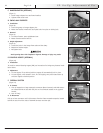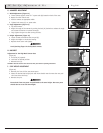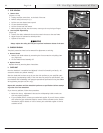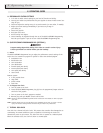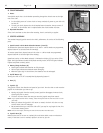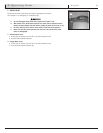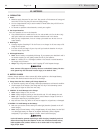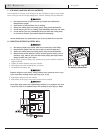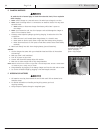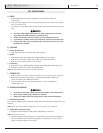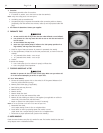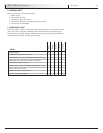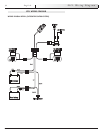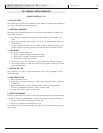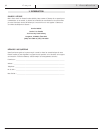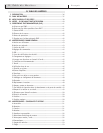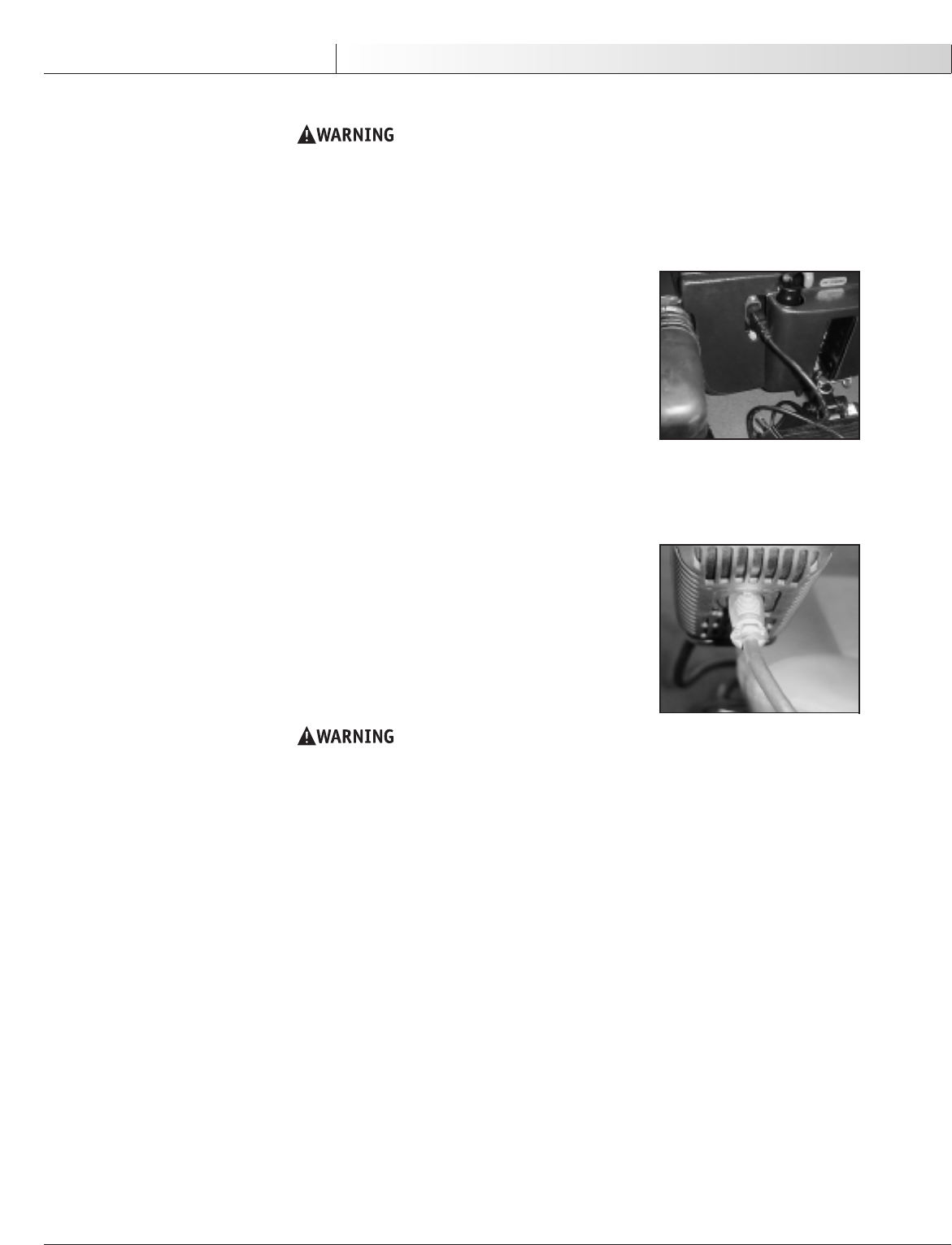
E. CHARGING BATTERIES
To avoid the risk of severe injury or death from electrical shock, fire or explosion
while char
ging:
1. Ne
ver
conn
ect charger to a 240 volt source. The main input voltage is 110 volts.
2.
Never touch the charger after it is connected to an electrical outlet. This may cause
electrical shock.
•
Ne
ver
conn
ect or disconnect charger from battery while there is power to
the charger.
3.
Never use an extension cord. Use of an improper cord could damage the charger or
cause a fir
e or electrical shock.
4. A battery emits explosive hydrogen gas during charging. To reduce the risk of fire
or explosion:
• Make sure area is well vented. Never charge battery in a closed-in area.
• Never smoke or allow a spark, flame or high heat near battery during charging.
• Never allow metal tools or chair parts to make direct contact across both battery
terminals.
5. Never look directly into cells when charging battery (wet cell batteries).
ALWAYS:
1. Use the charger that comes with your wheelchair. Read and follow all instructions
and warnings.
2. Make sure room is well ventilated.
3. Turn off all power to your chair.
4. Connect and disconnect battery cables with caution.
5. Make sure to allow enough time to fully charge batteries.
NOTE– Batteries should never be left for long periods in the discharged state. Unused or stored batter-
ies should be given a charge once per month.
6. Charge batteries by plugging in the battery charger cord into the chair and an outlet.
7. Or, use the off-board charger by plugging it into the integral controller.
F. DISPOSING OF BATTERIES
1. All batteries once they have reached the end of their useful life are deemed to be
hazardous waste.
2. For further information on handling and recycling contact your local
recycling authority.
3. Always dispose of product through a recognized agent.
930756 Rev. A
30
E
nglish
XI. Batteries
On-board charger port
Off-board charger port
On-boar
d charging LED:
yellow– charging
green– fully charged



